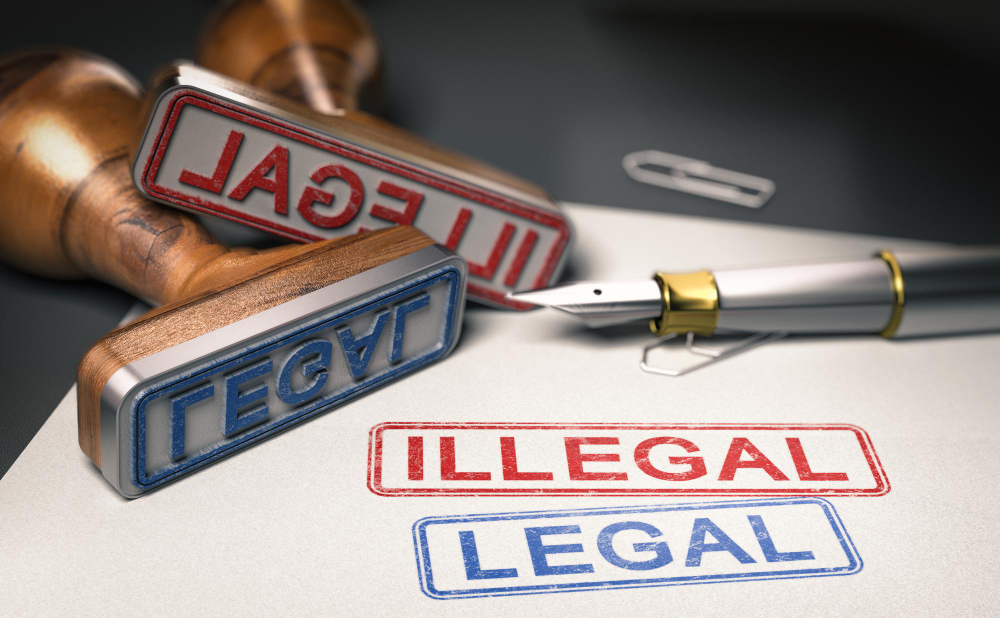Legal Mediation and Settlement Methods Saudi Arabia

Disputes between parties are given specific means through which to resolve those disputes. Al-Mehdar and Al-Mehdar (2019) write that resolution dispute typically has two specific types of methods: in court methods which are referred to as litigation, and out of court methods which are considered to be arbitration or mediation. Litigation is based on an inquisitorial format, where the judge is giving evidence by the claimant and the defendant is required to give evidence that is contrary to the claim. The judge decides the outcome. Saudi Arabian law, which is based on Sharia law, does not place time limits on claimants for raising the claim. Therefore, the methods used may provide for opportunities for justice where the settlement is commensurate with the claim, even if time has passed since the original agreement or the time it was violated.
Mediation is a form of dispute resolution that is usually voluntary and considered to be an alternative to going into court. Al-Mehdar (2020) writes that parties are allowed to discuss the issues related to their dispute, and with a neutral third-party, reach some form of settlement. Most mediators take training that allows them to learn listening skills, negotiation techniques, and conversation facilitation. A mediator is typically going to provide a process that is established for mediation, assist in creating good communications between the parties, keep the interactions focused, as well as make sure that the agreement is put into a binding legal document. At the Saturday Center (SCCA) for commercial arbitration, which is a nonprofit organization, the administration of arbitration procedures in both commercial and civil disputes take place. Details for rules of mediation have been designed by the SCCA, which has helped to standardize how mediation rules are in place, and to define how to establish a good outcome.
Mediation is considered to be more efficient than other types of dispute resolution. One of the reasons that mediations are more efficient than other forms is because the parties are directly responsible for creating the agreement, rather than having a judge decide for them. In addition, when an agreement has been reached, it is in effect immediately. While parties can have representatives who advise them or may even take their place during the process of mediation, lawyers are used in an advisory position, and the parties are put in a position to talk to each other (H. G. Legal Services, 2021).
Saudi Arabia has participated in international agreements toward good arbitration methods. Saudi Arabia ratified the United Nations Convention on International Settlement Agreements Resulting for Mediation, or more commonly known as the Singapore Convention on May 5th, 2020. The results of this ratification went into effect in November of 2020 (Al-Mehdar, 2020). Ratification of this and other similar international agreements has provided demonstration of the commitment that Saudi Arabia has toward international commercial relationships.
There were a number of key conventions that were placed into the articles of the Singapore Convention. Article 1 indicates that the convention should be applied to international agreements that come through mediation, but there are also some exclusions. As an example, settlement agreements that are entered into by a consumer in relation to a family issue, or if it relates to inheritance or employment law, are excluded from the scope of the Convention. Article 3 establishes that a state is responsible for enforcing agreements from settlements that come from International arbitration systems, and that the rules from the convention should be followed within that state (Blazevic & Turrini, 2020).
Article 4 states that when a party is relying on the agreement for settlement, the settlement agreement must be given with evidence that it came from the mediation. Article 5 is based on the conditions under which relief could be refused. The convention holds that if a court would refuse to give relief to a party based on certain types of grounds, then mediation would also refuse that relief. The grounds on which relief may be refused would include a party that is incapacitated, nullity where a settlement is concerned, a lack of a situation that may be binding or the character of the dispute, or the obligations within the agreement may have already been enacted, or maybe unclear. Additional grounds concern contrary relief in terms of the settlement agreement, a breach by the mediator, or failure by the mediator concerning doubts of impartiality (Blazevic & Turrini, 2020).
According to the Singapore Convention, settlements must be aligned with the nature of the claim. In Saudi Arabia, arbitration also allows for the possibility of partial settlements, which opens up the possibility of an award to be made against the claim. In addition, settlements that are awarded through arbitration are final and cannot be appealed. However, there are some conditions under which an award can be set aside. An award is set aside when there is no arbitration agreement, when there is a lack of capacity, when improper notice has led to a faulty defense, or when the arbitration laws have not been adequately followed (Jones Day, 2012). Arbitration provides an opportunity for a more equitable outcome in some cases, and always allows for more quickly settled disputes.
Although there are many times when the courts are necessary, arbitration provides an opportunity for two parties to talk about their problems with one another and to find a solution outside of the court system. Settlements provide the claimant with satisfaction against a wrong, and through arbitration, that settlement is more quickly rendered.
References
- Al-Mehdar, M & Al-Mehdar, H. (2019, May 1). Litigation and enforcement in Saudi Arabia: Overview. Retrieved from https://uk.practicallaw.thomsonreuters.com/w-020-5670?transitionType=Default&contextData=(sc.Default)&firstPage=true
- Al-Mehdar, H. (2020, August 26). Navigating mediation for commercial disputes in Saudi Arabia. Lexology. Retrieved from https://www.lexology.com/library/detail.aspx?g=2737f0a4-2f70-4ec1-b561-734afc41f6fe
- Blazevic, L. K & Turrini, M. (2020, June 15). Mediation in Saudi Arabia: Ratification of the Singapore convention on mediation and the SCCA emergency mediation program. White & Case. Retrieved from https://www.whitecase.com/publications/alert/mediation-saudi-arabia-ratification-singapore-convention-mediation-and-scca
- H. G. Legal Resources. (2021). Mediation as an alternative commercial dispute resolution in Saudi Arabia. Retrieved from https://www.hg.org/legal-articles/mediation-as-an-alternative-commercial-dispute-resolution-in-saudi-arabia-48694
- Jones Day. (2012, September). The new Saudi arbitration law. Retrieved from https://www.jonesday.com/en/insights/2012/09/the-new



